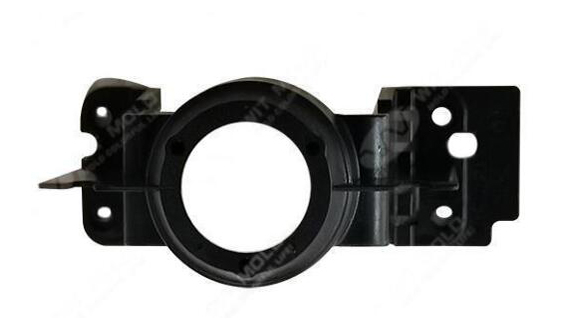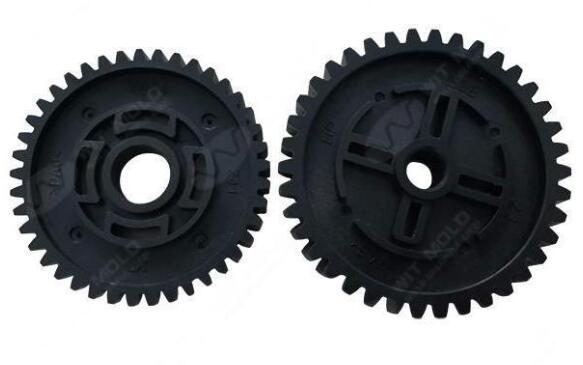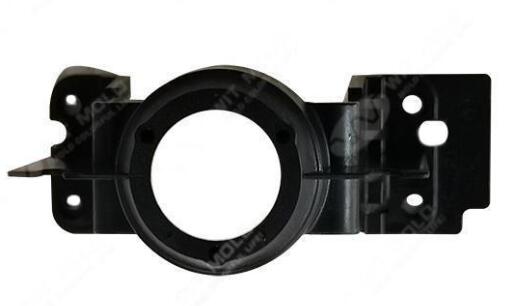What is the Precision Injection Molding Process?
Precision injection molding is a manufacturing technique used to produce intricate and high-quality plastic components with tight tolerances and fine details. This process involves injecting molten plastic material into a mold cavity under high pressure, where it cools and solidifies to form the desired part. Precision injection molding is widely employed across various industries, including automotive, medical, electronics, and consumer goods, due to its ability to create complex shapes and achieve consistent results.
Mold Design and Fabrication
At the heart of the precision injection molding process lies the mold, which serves as a negative impression of the desired part. Mold design is a critical step in ensuring the success of the manufacturing process, as it dictates the final geometry, surface finish, and dimensional accuracy of the part. Advanced CAD/CAM software is utilized to create precise mold designs, taking into account factors such as material flow, cooling channels, and part ejection mechanisms. Once the design is finalized, the mold is fabricated using high-precision machining techniques, such as CNC milling or electrical discharge machining (EDM), to achieve the required level of accuracy.
Injection Molding Machine Setup
Before the injection molding process begins, the mold is mounted onto an injection molding machine, which consists of a hopper for plastic resin, a barrel for heating and melting the resin, and a hydraulic or electric system for injecting the molten material into the mold cavity. The machine is calibrated to precise specifications, including temperature, pressure, and injection speed, to ensure optimal molding conditions. Additionally, auxiliary equipment such as mold temperature controllers and robotics may be incorporated to further enhance process control and efficiency.
Material Selection and Processing
The choice of plastic resin is crucial in precision injection molding, as it directly impacts the mechanical properties, appearance, and performance of the final part. Common materials used in precision molding include engineering-grade thermoplastics such as ABS, PC, Nylon, and PEEK, which offer a balance of strength, stiffness, and chemical resistance. The resin pellets are fed into the injection molding machine’s hopper, where they are melted and homogenized before being injected into the mold cavity. Tight control over processing parameters, such as melt temperature, injection pressure, and cooling rate, is essential to achieve consistent results and minimize defects.
Part Ejection and Finishing
Once the molten plastic has cooled and solidified within the mold cavity, the part is ejected from the mold using ejector pins or automated mechanisms. Post-processing steps may be required to remove any residual flash or gate marks and to improve the surface finish of the part. Depending on the application, additional secondary operations such as machining, welding, or assembly may be performed to achieve the desired final product.
Advantages of Precision Injection Molding
Precision injection molding offers numerous advantages over traditional manufacturing methods, including:
ㆍHigh repeatability and consistency
ㆍAbility to produce complex geometries with tight tolerances
ㆍCost-effectiveness for high-volume production
ㆍWide range of material options and colors
ㆍMinimal material waste and environmental impact
Conclusion
Precision injection molding is a versatile and efficient manufacturing process that enables the production of high-quality plastic components for a variety of industries. By leveraging advanced mold design, machine setup, and material processing techniques, manufacturers can achieve unparalleled precision and consistency in their production processes.
For inquiries about precision injection molding services or to discuss your specific project requirements, please don’t hesitate to contact us or reach out to our trusted suppliers. We are committed to providing innovative solutions and exceptional quality to meet your manufacturing needs.






